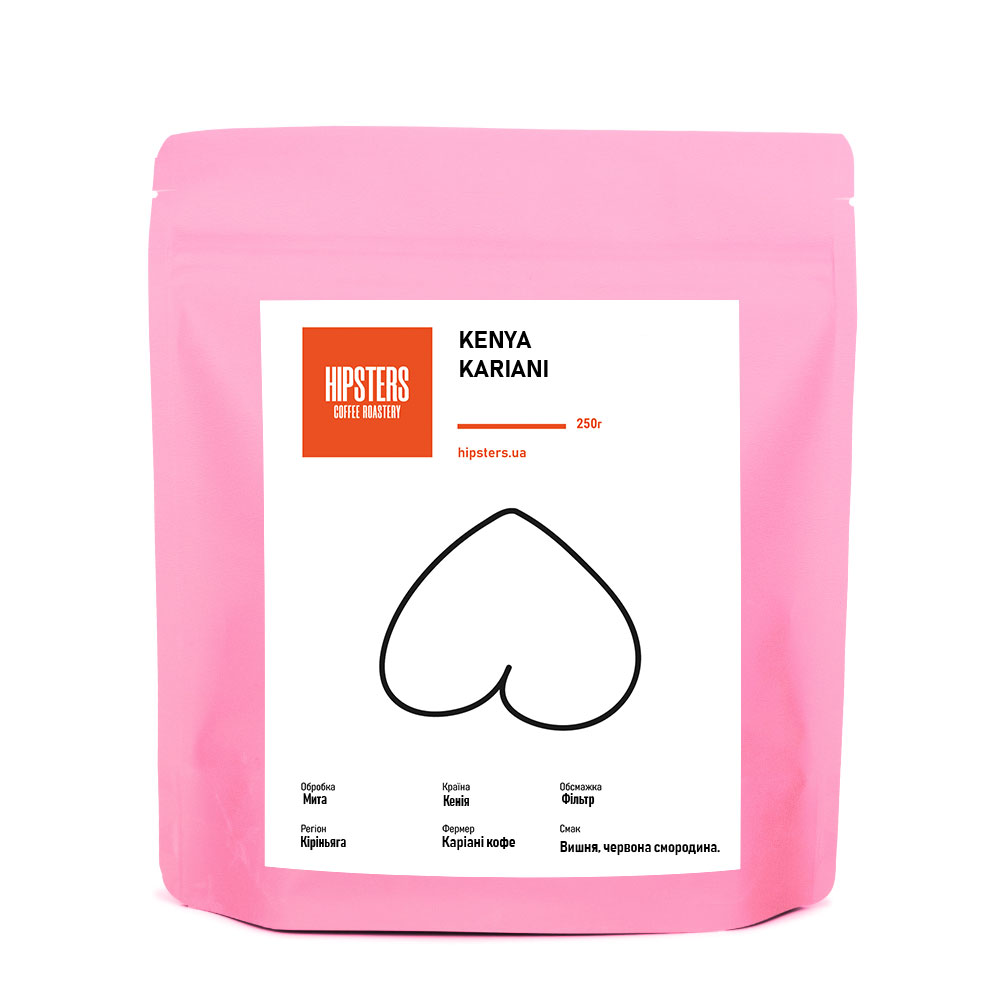BACKGROUND
Kariaini Factory was started in 1954 at Mukure location in Kirinyaga County. It belongs to Mwirua FCS, which serves other eight factories like Mitondo, Getuya, Gathambi among others. Its function is to process cherry, provide farm inputs to farmers, give advances to members, certify coffee seedlings and also transport coffee for the factories.
Mwirua FCS pioneer grower planted the first coffee seedlings in 1952. Subsequently, as a matter of need to market their produce the society was established in 1954 after maturity of the first coffee. The society was eventually registered in 1954 with registrar where it was allocated Registration Number 0420.
Major activities at that time were marketing of members produce through the established channels as was spelt in the Memorandum and Articles of the society under the colonial government.
Kariaini factory registered as XAD006F01 was the only factory and drying station which existed at the time. However as the time goes the society advanced and opened more factories.
LOCATION
Kariaini coffee factory was started in 1954 at Mukure location in Kirinyaga County. Kariaini factory registered as XAD006F01 was the only factory and drying station which existed at the time. However as the time goes the society advanced and opened more factories.
SOILS AND CLIMATE
Kariaini Coffee Factory, towering at 1,600mm above sea level, is covered with red-volcanic soil at a temperature of 13-26°C. It also receives annual rainfall of 1,100mm which explains its lush topography and voluminous coffee production.
PROCESSING
Water for processing is sourced from Rundu River. All the big, juicy, fully ripe cherries are brought to the factory after harvesting by farmers. They are then depulped on a disc pulper and dried to just below 12% moisture.
Pulping
It involves removing the skin and pulp, and should it is carried out as soon as possible after harvesting, certainly within 24 hours. All the green unripe, and black overripe dry berries, are removed before pulping as these can reduce the quality of the coffee.
Fermentation
Fermentation by natural enzymes breaks down the insoluble mucilage around the parchment layer, that is, the slippery layer you can feel with your fingers.
Plastic bucket is used to add water to the beans. Fermentation is completed in 18 to 48 hours.
Drying
Coffee bean is dried before the parchment is removed and beans roasted. The simplest method of drying is sun drying.
Physical aids such as wire drying racks or other fine mesh supports allows the flow of air and enhance drying. The beans are spread out in a thin layer no more than 3 cm thick, stirred three times a day, and be protected from rainy weather. Drying takes from 5 to 30 days, depending on the seasonal weather pattern.
As with sun drying, beans must be stirred three times a day. Drying in this manner can be completed in several days and there is no risk of the beans being harmed by the weather.
MANAGEMENT
Kariaini Coffee factory is run by the above shown factory manager. Some of the activities carried out include weighing coffee, selection and grading of coffee, paying farmers and addressing farmers’ complaints.
SUSTAINABLE FARMING
In line with the rising awareness on the need to conserve the environment, the factory has dug the waste water soak pits away from the water source where the waste water is allowed to soak in back to the soil.
AGRONOMY
The affiliate members of the factory carry out all agronomic activities associated with coffee production i.e. they source coffee from the Coffee Research Station and plant it according to the stipulated guidelines.
Fieldwork carried out involves weeding, pruning, spraying, and application of fertilizer, mulching and technical advice. Technical advice is offered through farmer training programs and field visits/days offered by ministry of agriculture.
Compliance to the agreed guidelines is checked and supervised by the field committee which goes round the farms. They usually check that coffee is not inter-grown with other crops such as maize and Beans, though they do allow intercropping with Macadamia. They also encourage farmers who have abandoned their coffee bushes to come more so due to high prices.

